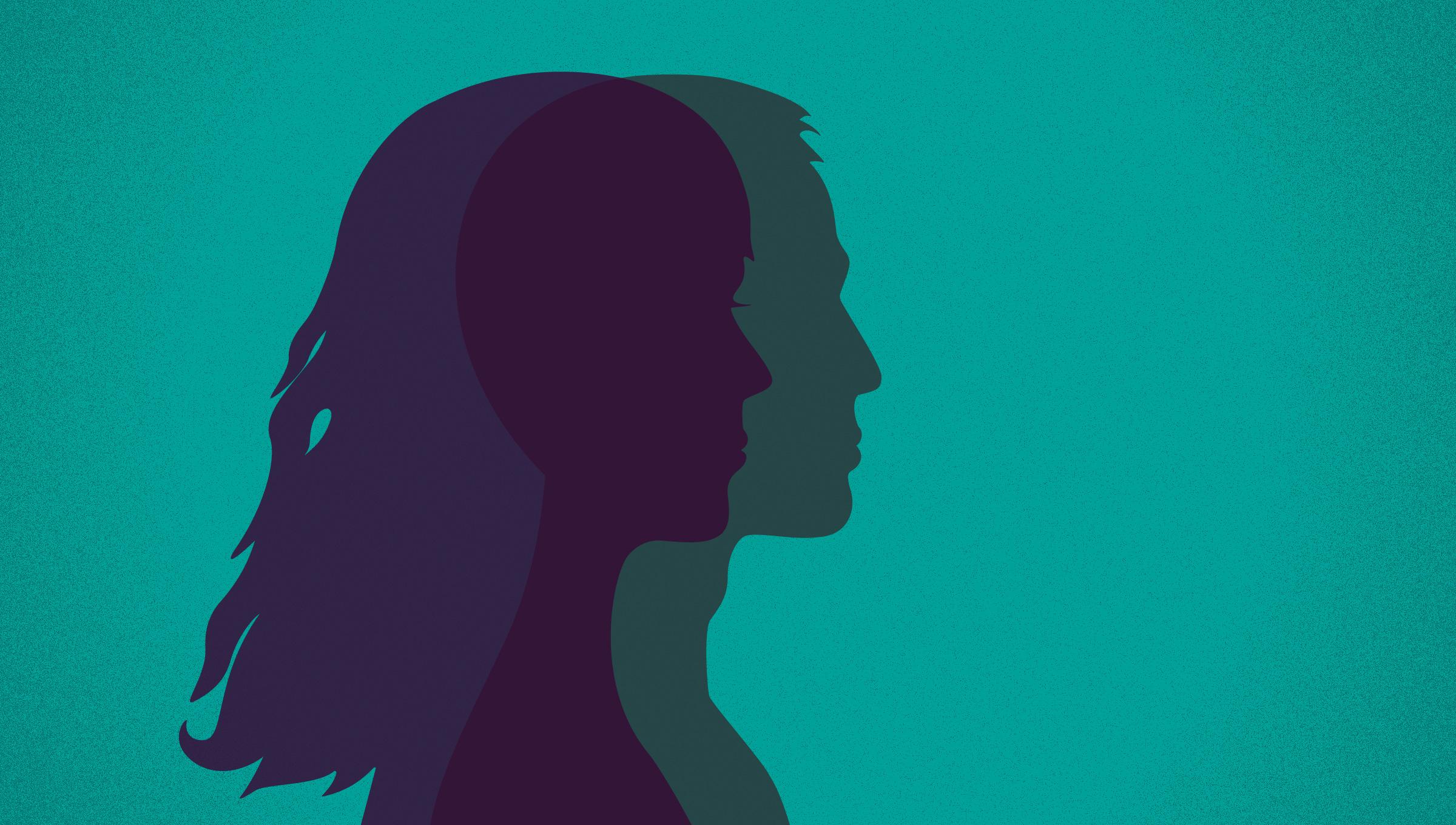Why Are Women More Likely To Get Lupus?
Illustration by Ada Love
Picture this: a young woman visits her doctor with fatigue, achy joints and anemia. The doctor tells her she’s just losing blood from her period. She should take some iron and she’ll feel better. Or that she’s just tired because she has two kids and a job. If she just gets more sleep, she’ll have more energy.
But nothing she tries makes her symptoms improve. She visits another doctor who tells her she has depression, a viral infection, chronic fatigue or a thyroid problem.
Lupus is an autoimmune disease that disproportionately affects women: 9 out of 10 adults with lupus are women and most women who develop lupus are between the ages of 15 and 44. Yet these scenarios are common for women in the months—or years—before they are diagnosed with the disease, says Grant Hughes, M.D., a rheumatologist at Harborview Medical Center and University of Washington Medical Center.
